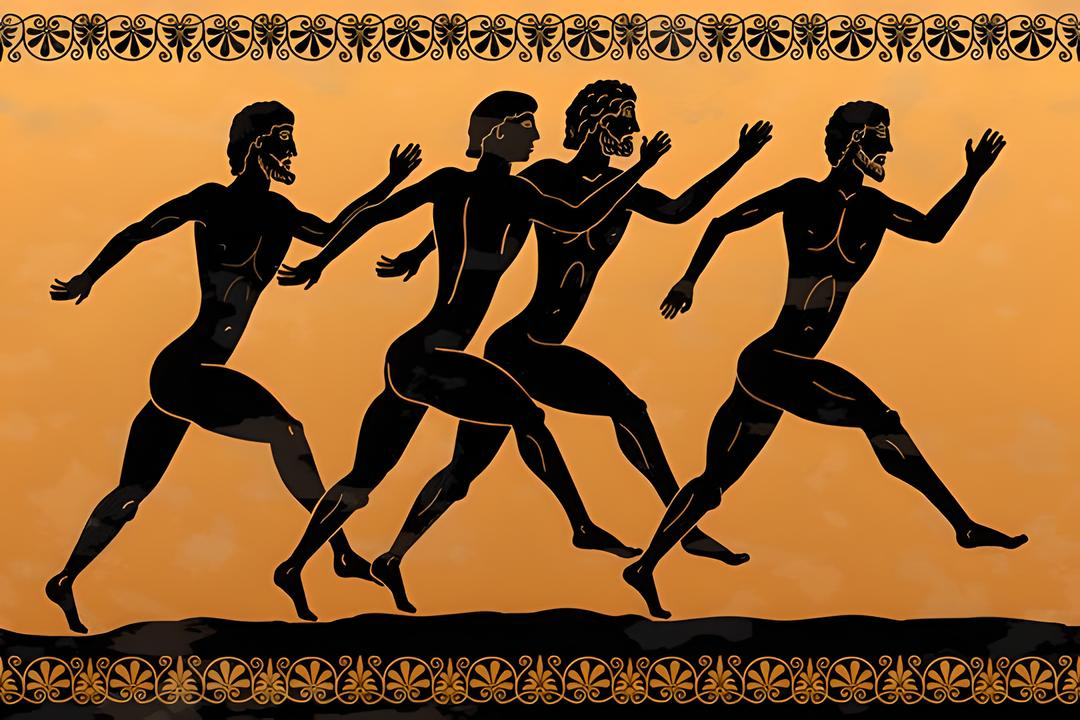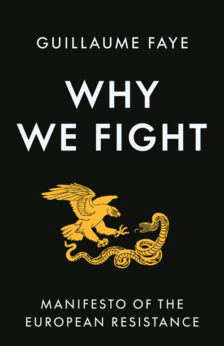Sport has pre-Christian origins and is related to ancient Greek culture. Alongside theatre, philosophy, and systems of governance in the polis, sport, and especially the Olympic Games, was one of the distinctive features of Greek civilisation. It was within this culture that sport saw its greatest development and took on the form in which it is known to us today.
The Greek interpretation of sport was based on the idea of a game. Hence, the competitions were called games. Theatrical performances were also called games, where poets — creators of tragedies and comedies — competed with each other, much like in sports. The concept of a game is closely linked to the very foundations of culture, as Johan Huizinga demonstrates in his famous book Homo Ludens (Man the Player). The key point here is drawing a line between serious engagement in the contemplation of conflict or competition, as well as the fabric of a dramatic work (in the case of theatre), and the conditional nature of such opposition. Sport and theatre, as well as games in general, imply a certain distance. Sport and theatre, as well as games in general, require a sense of distance or separation. This is why Ares, the god of war, was not among the Greek gods who were patrons of the Olympic Games. The essence of a game is that it is a battle — not a real one but a conditional one that does not cross a critical line. Just as theatre only portrays action, sport only simulates real combat. Culture is born from the awareness of this boundary. When a society absorbs this, it acquires the ability to make subtle distinctions in the realm of emotions, feelings, and ethical experiences. The enjoyment of sport and theatre comes precisely because, despite the drama of the events, the observer (spectator) maintains a distance from what is happening. This distance shapes a fully fledged citizen, capable of strictly distinguishing the seriousness of war from the conditionality of other types of competition. Therefore, during the Olympic Games, the often-warring Greek city-states would declare a truce (ἐκεχειρία). It was at the time of these games that the Greeks realised their unity beyond the political contradictions between individual poleis. Thus, diversity in sport was unified through the recognition of the legitimacy of distance.
In the Christian era, sports competitions in the Hellenistic world gradually declined because Christianity offered a completely different model of culture and unification of people. Here, everything was serious, and the highest authority became the Ecumenical Church, in which people and nations united. It brought peace and the maximum possible distance — the distance between earth and heaven, humanity and God. In the face of the universal mission of the Saviour, differences between peoples (‘Jews and Greeks’) receded into the background. This is probably why sport (as well as theatre) lost its significance.
The revival of sport began in the 19th century under completely new conditions. It is interesting to note that while theatre as part of ancient culture reappeared at the very beginning of the Renaissance, it took several more centuries to revive the Olympic Games. This was likely hindered by certain aesthetic aspects of sport, which sharply contrasted with Christian ideas of what constitutes proper behaviour. It is significant that in Germany, the founder of the sports movement was the staunch pagan and extreme nationalist Friedrich Ludwig Jahn (1778-1852), who saw the sports and gymnastics movement as a foundation for spreading the ideas of German unification among the youth, forming the basis of sports ideology. Jahn was a fierce apologist for German antiquity and advocated the revival of runes. In the 20th century, Jahn’s ideas continued to develop both in the context of Pan-Germanism and the youth movement Wandervogel, significantly influencing National Socialism.
Pierre de Coubertin, who revived the Olympic movement, was also a nationalist (and to some extent a racist). The involvement of the Greeks, who were then in a state of national struggle with the Ottoman Empire, was also part of the overall strategy of European powers in transforming the geopolitical balance of power. At the same time, European Freemasonry, though fundamentally atheistic, but not alien to some ‘pagan’ aesthetics, showed great interest in this.
Overall, it turns out that sport, initially a non-Christian cultural phenomenon, disappeared during the Christian Middle Ages and returned to Europe in a post-Christian and even partly anti-Christian context.
This sharply raises the question: is sport compatible with Christianity at all? Is it possible to combine the passions, aesthetics, and rules of the game awakened by sport with a Christian worldview? Of course, this question is a particular case of a more fundamental problem: is Christianity compatible with the modern world in general, which is built on the foundations of desacralisation, materialism, evolutionism, secularity, and atheism? Clearly, it is impossible to answer this question definitively, but it is quite appropriate to raise it at least to initiate a cycle of meaningful discussions. Such discussions could help us understand more fully both what sport is in new conditions and, more importantly, what Christianity is.







